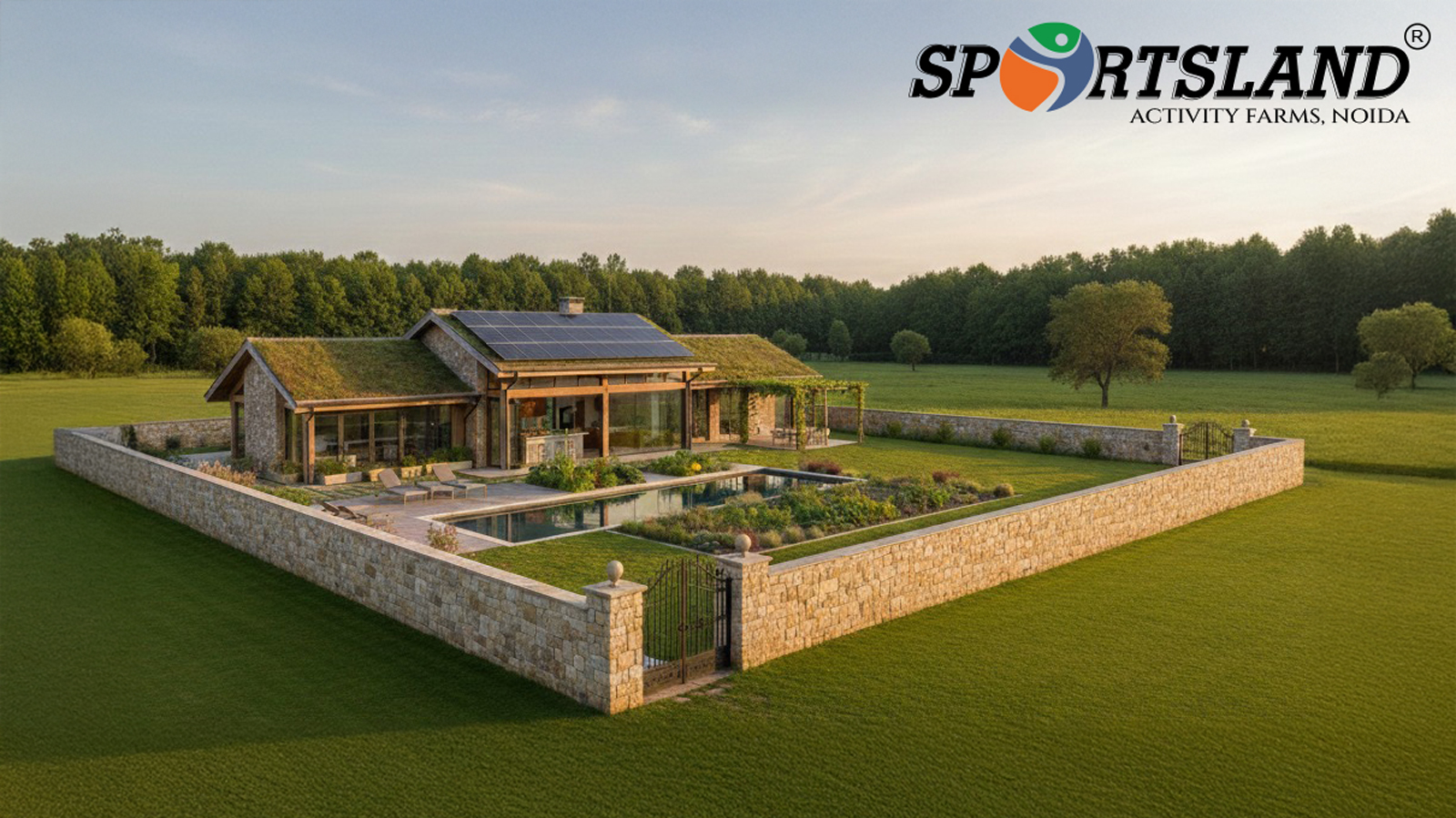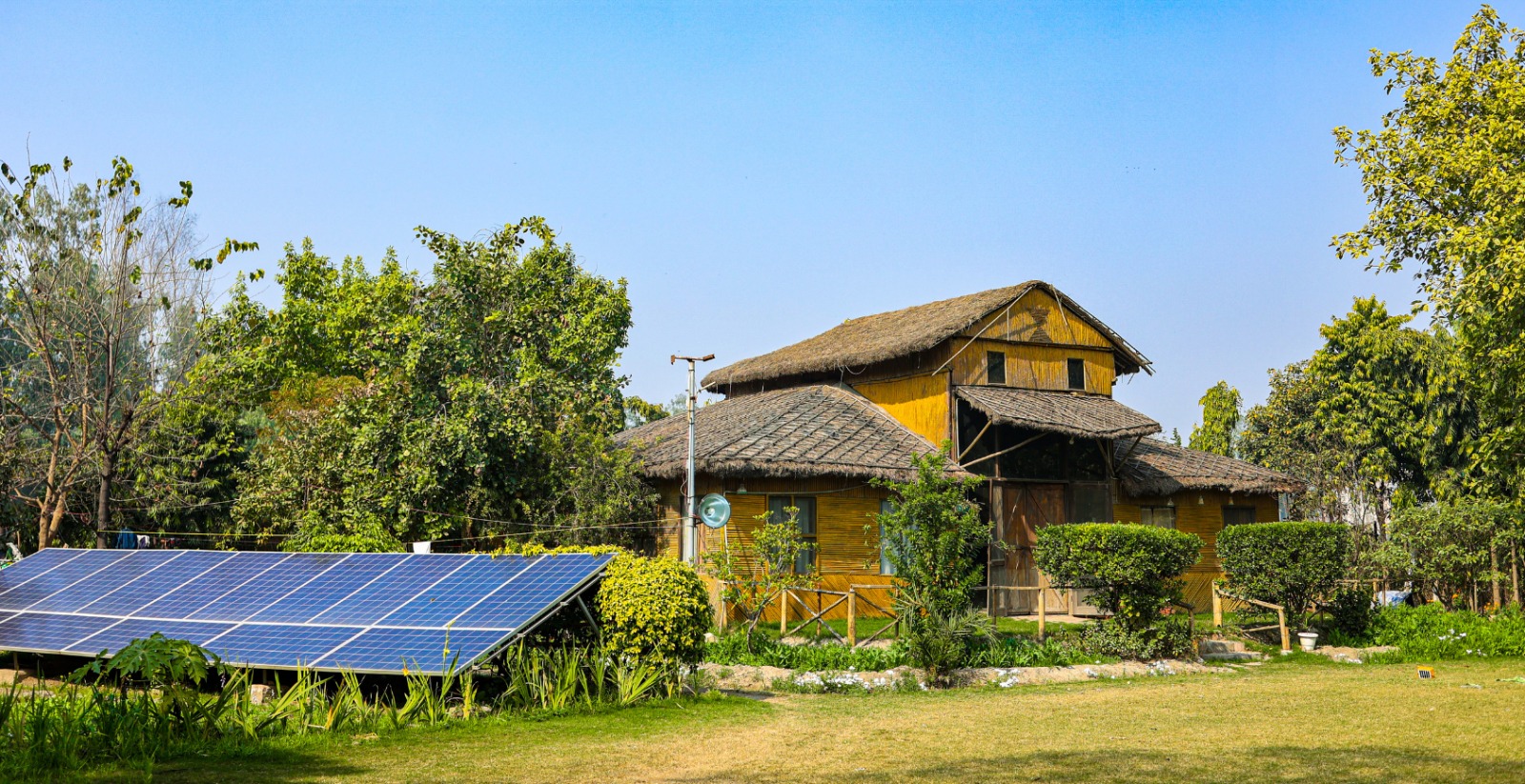In today’s fast-paced urban life, children are spending more time indoors, glued to screens, than ever before. The lack of outdoor play and interaction with nature is leading to alarming rates of anxiety, depression, and other mental health issues among young minds. This blog explores the impact of excessive screen time on children’s well-being and highlights the importance of green spaces as a solution for a healthier, happier childhood.
The Rising Concern: Screen Addiction and Mental Health
According to the World Health Organization (WHO), children aged 5-17 should engage in at least 60 minutes of moderate to vigorous physical activity daily. However, studies reveal that screen time is replacing physical play. A 2023 report from Common Sense Media found that children aged 8-12 spend an average of 5 hours and 33 minutes per day on screens, while teenagers spend over 8 hours daily .
Excessive screen time has been linked to a higher risk of anxiety, depression, and sleep disorders in children. A study published in JAMA Pediatrics found that increased screen use is associated with reduced attention span, poor academic performance, and heightened stress levels .
The City Life Dilemma: No Space for Play
Urbanization has confined families to 2-3BHK apartments in high-rise buildings, where children have limited or no access to outdoor play areas. Research from the American Academy of Pediatrics shows that outdoor play is crucial for developing social skills, cognitive functions, and emotional stability. In contrast, children who lack outdoor activity are at a higher risk of obesity, behavioral issues, and weakened immunity due to a sedentary lifestyle.
The Power of Green Spaces: A Natural Solution
Studies highlight the positive impact of nature on mental health. Children who grow up in green environments tend to have lower stress levels, improved attention spans, and better overall well-being. A study conducted by the University of Exeter found that children who spent more time outdoors reported a 15% reduction in stress and anxiety compared to those who stayed indoors .
Communities like Sportsland in Noida provide the perfect antidote to urban stress. Nestled in lush greenery, this sustainable farm home community offers pollution-free air, open play spaces, and organic farming experiences. Research suggests that green environments improve cognitive function and boost creativity, helping children perform better in academics and social settings .
A Call to Action: Prioritize Green Over Screen
Encouraging children to engage in outdoor activities like gardening, nature walks, and sports can significantly improve their mental health and physical well-being. Schools and parents should work together to limit screen exposure and promote nature-based experiences. Choosing a green lifestyle isn’t just about better air quality; it’s an investment in your child’s future. By prioritizing communities with ample green spaces, eco-friendly environments, and outdoor play areas, we can ensure a healthier generation.



